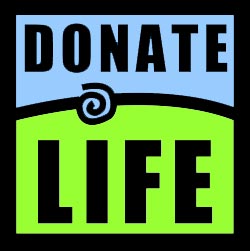I just learned about a new social media tool called Formspring.me from two of the girls I live in my apartment with. Since they joined Formspring.me, my two apartment mates have become obsessed with the website! They practically live on in.
While I, myself have not created a Formspring.me account, the entire concept of it fascinates me. This is probably because I am a Journalism major and Formspring.me deals with asking questions to anyone–friends and strangers.
From my understanding of Formspring.me, it is a social media website in which you make a profile and post a picture of yourself. Unlike Facebook where you have to add or approve people as your “friends,” to write on someone’s profile. However, Formspring.me can be linked to a person’s Facebook account.
Formspring.me is set up in a question and answer type of format. A person ((user or non user)) can ask a question on a person’s profile for the person to answer. The questions can be about something silly, such as, “which actor do you think is sexiest?” or serious, such as, “what do you think about President Obama?” Both the question and the answer are published on the user’s profile for everyone ((users and non users)) to see. The catch is, people have the choice to post questions with either his or her name or anonomously.
I think the anonymous aspect of this website is great because allows people to ask a question they normally might not ask a user in person. However, it is a little bit creepy because anyone ((strangers or friends)) can ask a user a question.
I am curious to see whether or not this website will catch on and become as popular as Facebook or whether it will just fade into the crypt of unsuccessful social media tool websites. Only time will tell.







